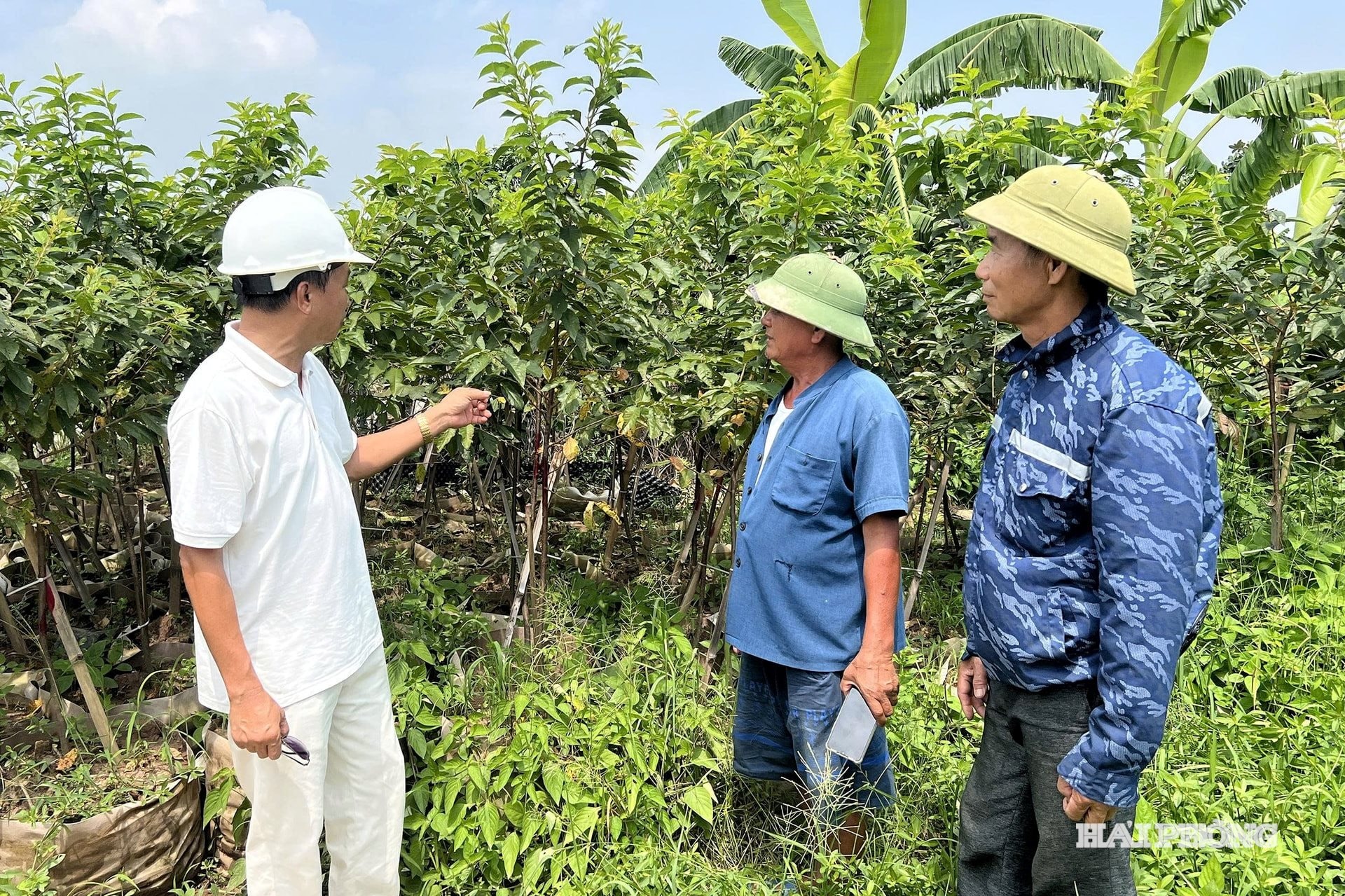
Practical effectiveness
From the initial small model, many cooperatives have shown effectiveness when boldly accumulating and concentrating land. In An Phong ward, Ha Nhuan Agricultural Service Cooperative has converted from ineffective rice production to growing Taiwanese guava. With a trial area of 5 hectares more than 10 years ago, it has now increased to 65 hectares, of which 10 hectares have achieved VietGAP certification. Crop yield reaches 2 - 2.5 tons/sao, bringing in an income of 20 million VND/sao/year, 5 - 10 times higher than rice cultivation. The cooperative is currently building growing area codes, labels, aiming for OCOP products, contributing to creating stable output for members.
Deputy Director of Tan Minh Duc Cooperative (Truong Tan Commune) Hoang Anh Thu said that agriculture is only truly effective when the land area is large enough and concentrated. Thanks to land accumulation, the cooperative has built 50 hectares of high-quality greenhouses and 15 hectares of specialized vegetables, stable production and creating jobs for local workers.
Not only expanding the scale of traditional crops, many cooperatives also open new directions for diversified and specialized development. Phuc Hoang Cooperative (An Duong Ward) has accumulated more than 3 hectares of land for growing cherry blossoms and high-value ornamental plants, associated with the development of eco-tourism and experiences. Despite suffering heavy damage after storm No. 3 in 2024, the model shows the potential for multi-value agriculture. The cooperative is continuing to survey a number of areas in the city suitable for developing and expanding cherry blossom trees. Therefore, the unit hopes to receive support in terms of mechanisms and procedures to have a long-term investment land fund and peace of mind in production.
In addition to positive results, the process of agricultural land accumulation still faces many obstacles. The 2024 Land Law and Decree 102 of the Government supplement the mechanism for receiving transfers, contributing capital, and leasing land use rights to develop large-scale production, but the procedures are complicated; the common land lease term is 5-10 years, which is not suitable for long-term investment. Fragmented land and people's mentality of holding on to land make negotiation costs high and prolonged. Although many cooperatives have accumulated land, they lack contiguous land, making it difficult to build infrastructure and have not yet promoted the efficiency of chain production. Climate change, natural disasters and epidemics... are also challenges for many cooperatives.
Director and Chairman of the Board of Directors of Dong Son Production and Service Cooperative Pham Trung Kien (Thuy Nguyen Ward) shared: “The process of mobilizing people to lease their fields to implement land consolidation has encountered many difficulties. We hope that the government will have its own mechanism to encourage people who directly produce on a large scale to access cultivated areas, bringing about clear results.”
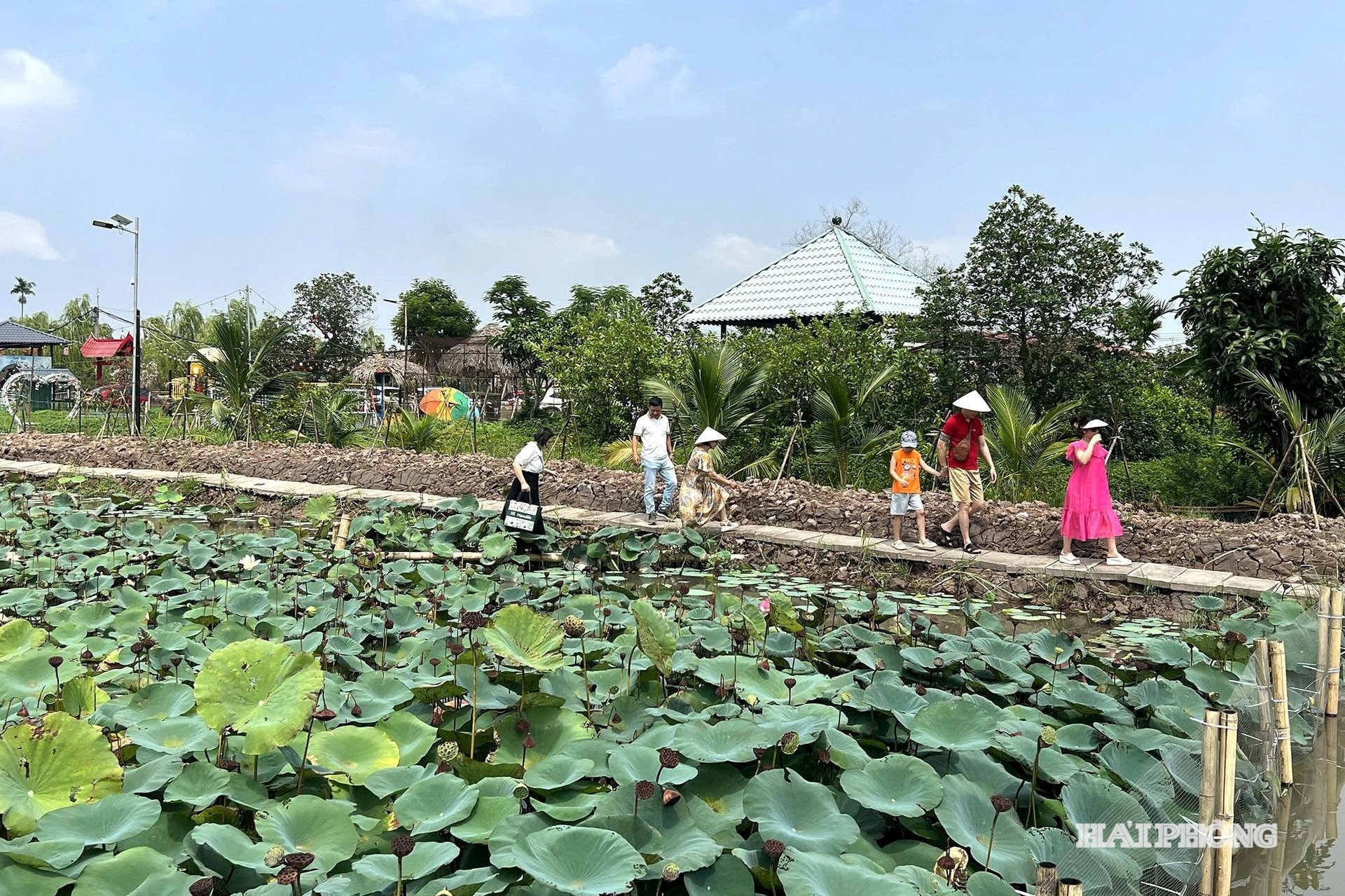
Perfecting mechanisms and synchronizing solutions
Together with local authorities and relevant agencies, the City Cooperative Union organizes member conferences, training, and dissemination of the 2024 Land Law and the 2023 Cooperative Law; supports cooperatives in improving management capacity, promoting trade, and connecting product consumption.
Faced with the above difficulties, the city needs to synchronously deploy a number of solutions to help cooperatives operate effectively. In particular, making the most of the new regulations of the 2024 Land Law, diversifying forms of accumulation, such as: capital contribution, production cooperation, leasing, sub-leasing; researching and building agricultural land funds managed by cooperatives or local authorities. At the same time, considering extending or leasing land for long term for large investment projects with long production cycles, associated with commitments to environmental protection.
The city has directed relevant agencies and local authorities to prioritize the development of irrigation, electricity, intra-field transportation, processing areas, cold storage, etc. to serve large-scale production. For aquaculture, it is necessary to monitor the water environment, support processing technology, and reduce the risk of natural disasters and epidemics.
On the other hand, cooperatives are encouraged to participate in agricultural insurance to stabilize investment psychology and reduce losses when incidents occur. It is necessary to standardize production processes in the direction of VietGAP, OCOP; enhance digital transformation, apply management technology and traceability. Along with that, there are policies to support the development of agricultural models associated with eco-tourism, experiential services, and organize seasonal events to increase product value and create attraction.
The city’s collective economy is facing a great opportunity to make a breakthrough. If the problem of land accumulation is solved, many cooperatives will have the conditions to invest in large-scale production, associated with modern technology, ensuring food safety and traceability. Thereby increasing farmers’ income, forming concentrated commodity production areas, and building the Hai Phong agricultural product brand in the market.
After the merger, the city has more than 500 cooperatives operating in the agricultural production sector. The accumulation of land helps many units expand their scale, increase their competitiveness to build agricultural product brands.
Source: https://baohaiphong.vn/tich-tu-ruong-dat-dong-luc-giup-kinh-te-tap-the-phat-trien-519461.html




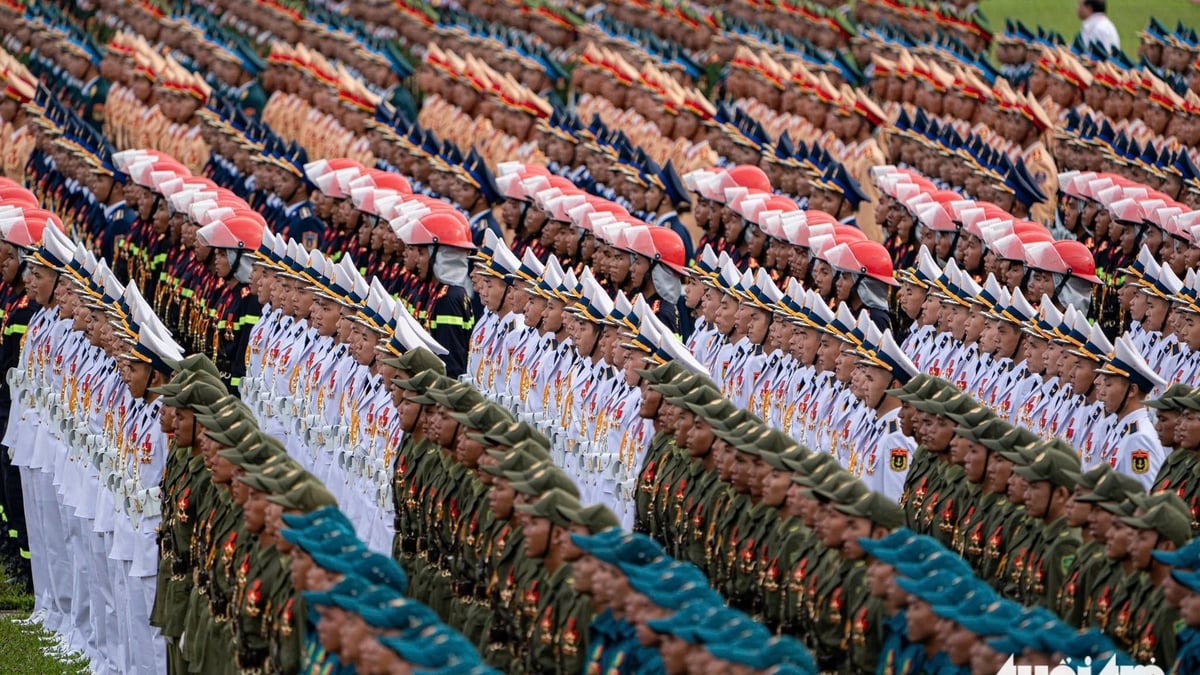
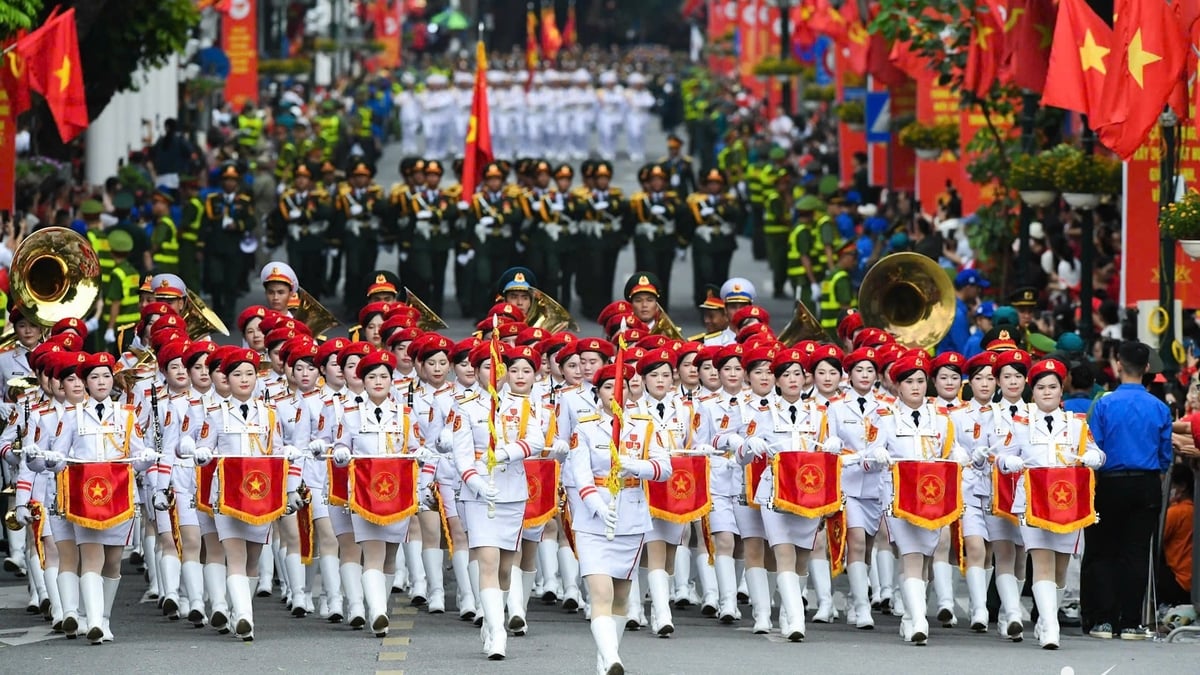
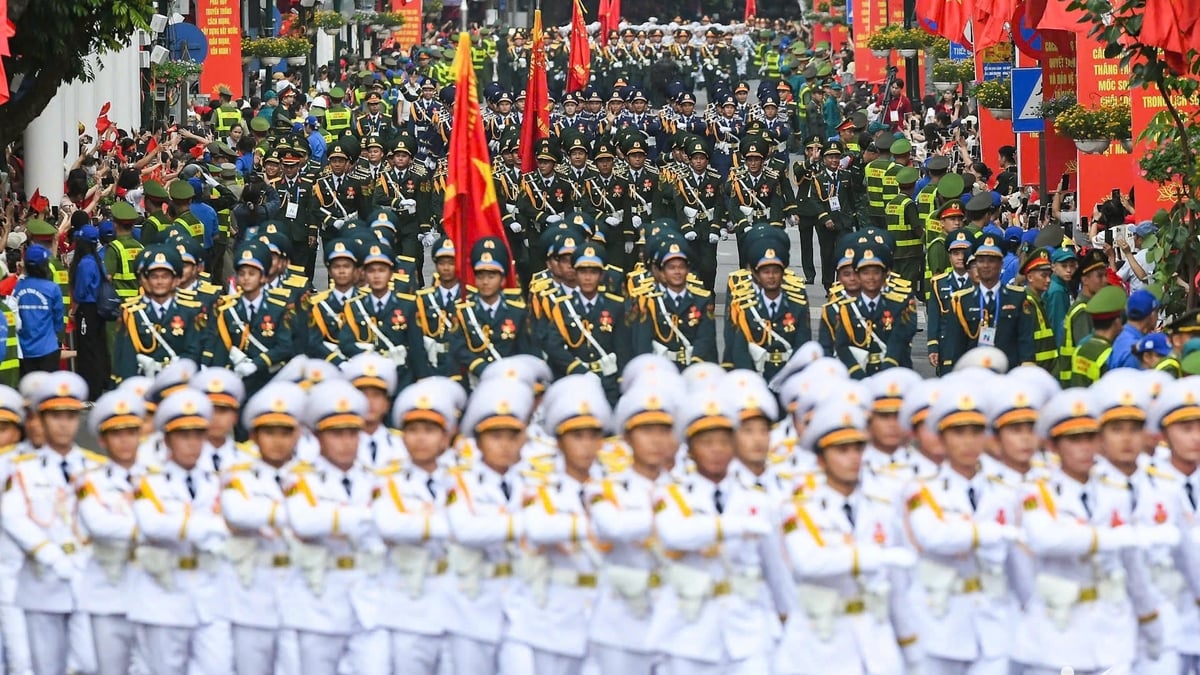
![[Photo] People eagerly lined up to receive special publications of Nhan Dan Newspaper](https://vphoto.vietnam.vn/thumb/1200x675/vietnam/resource/IMAGE/2025/8/30/53437c4c70834dacab351b96e943ec5c)
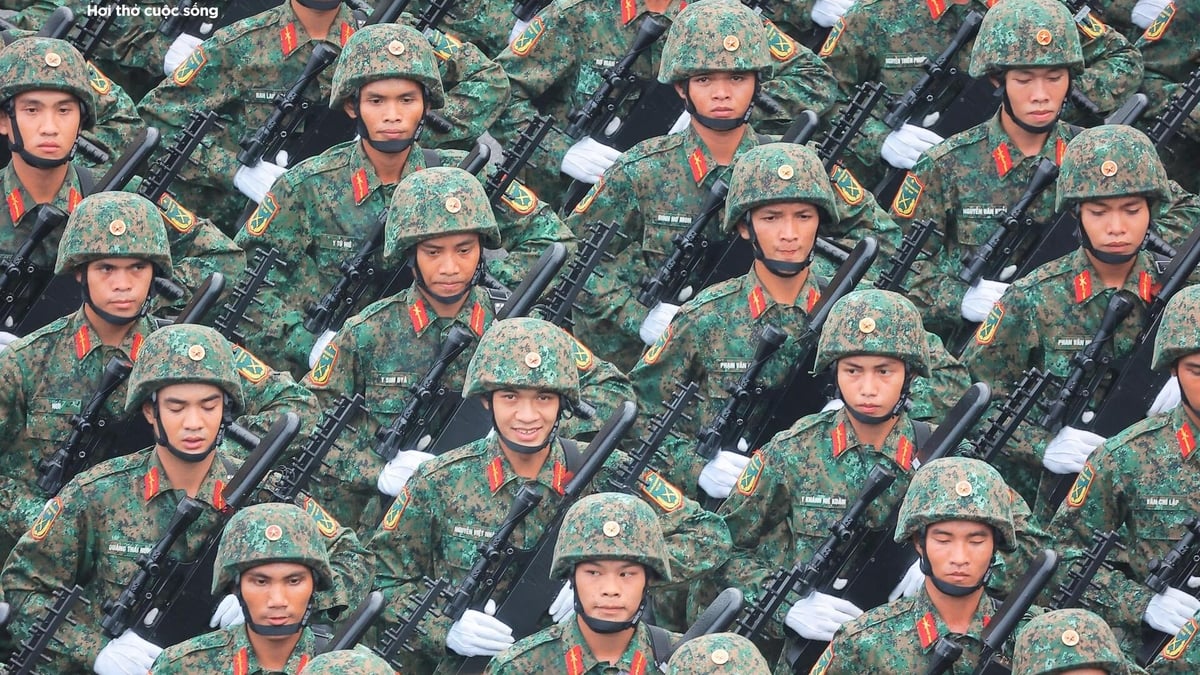
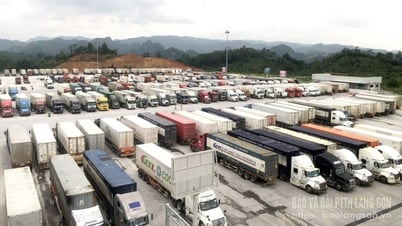

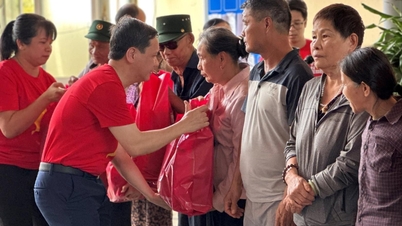


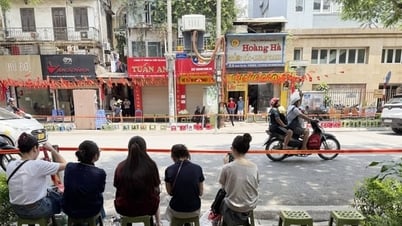

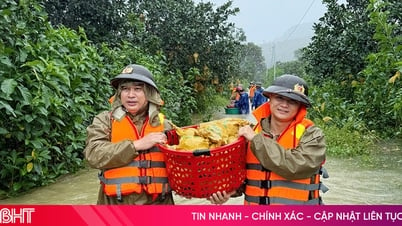

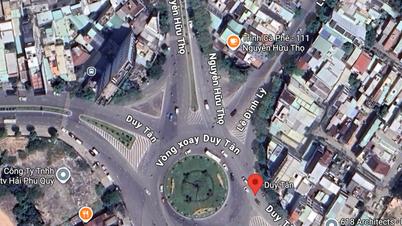





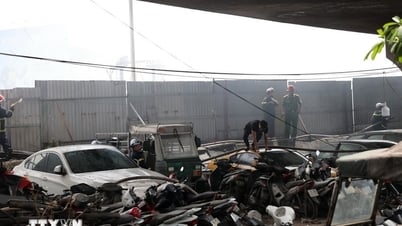
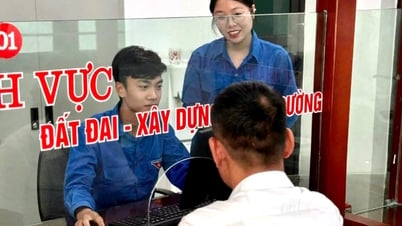
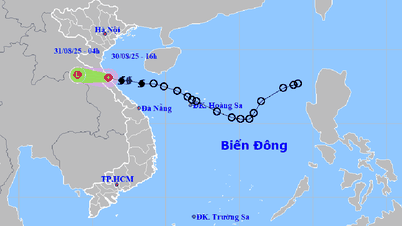
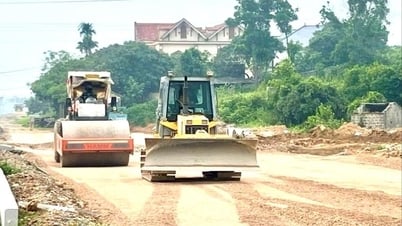
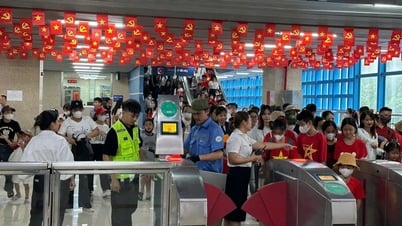
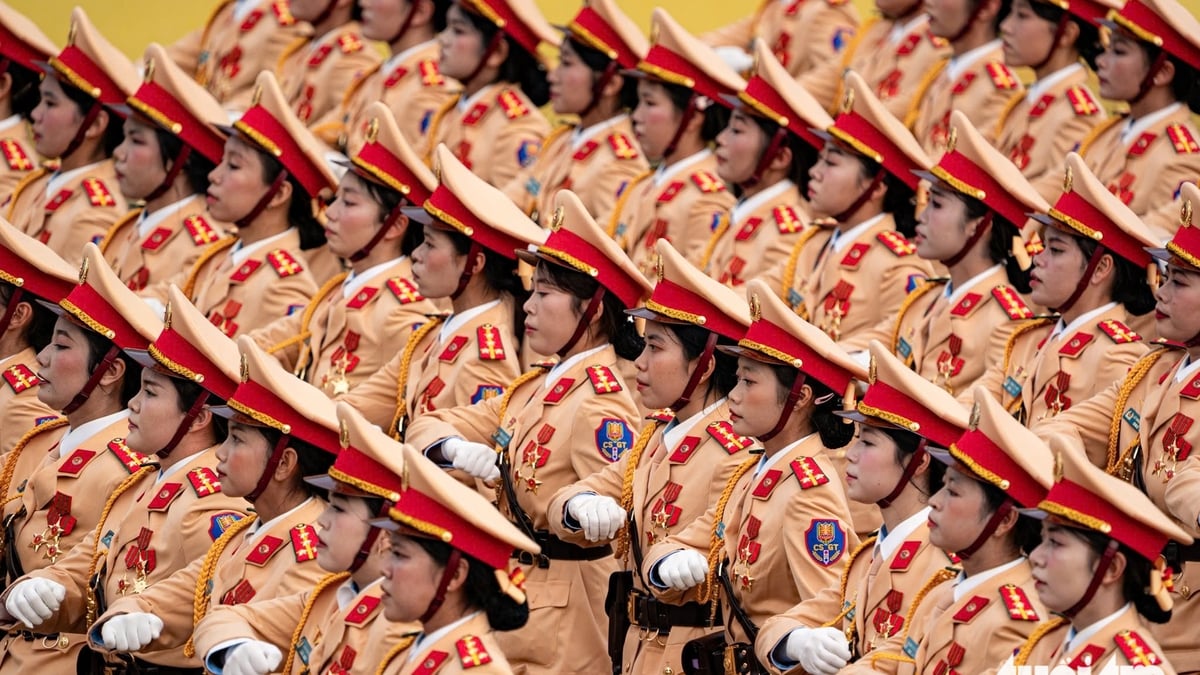
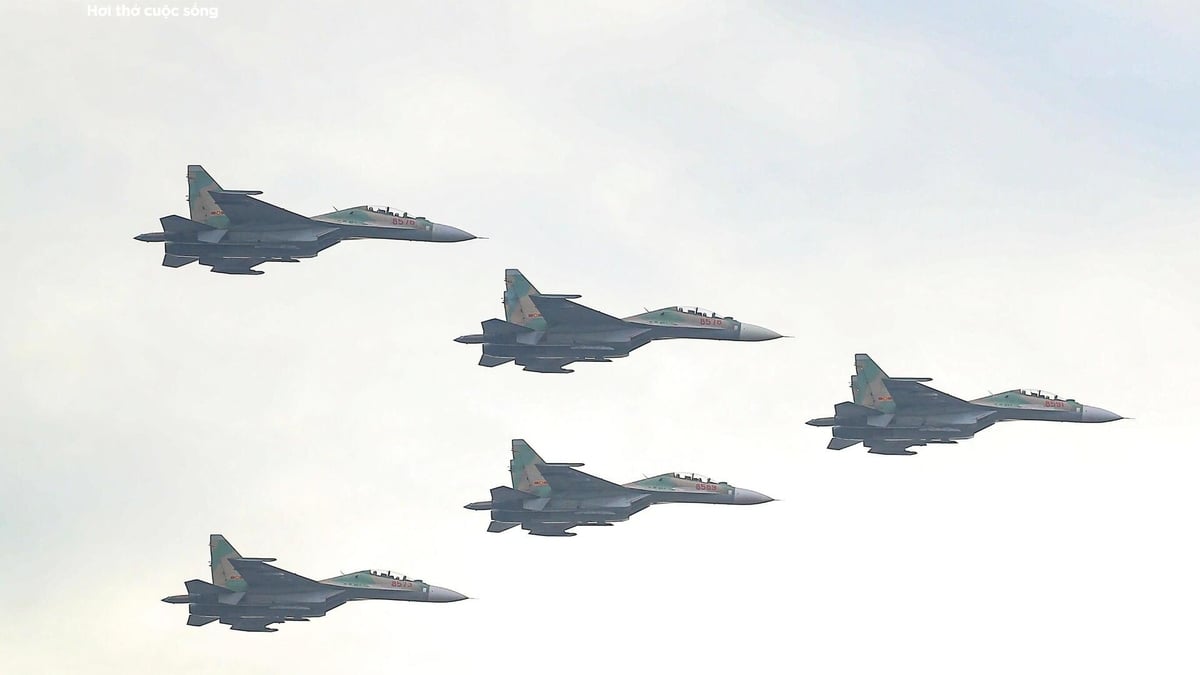
















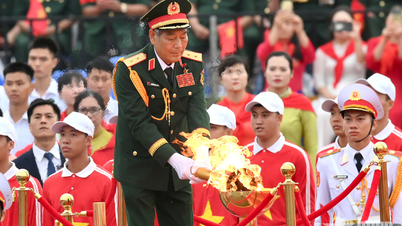

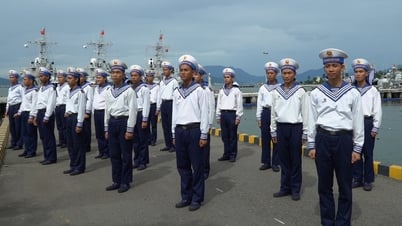

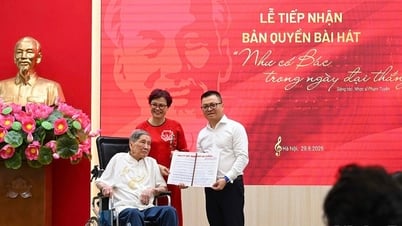
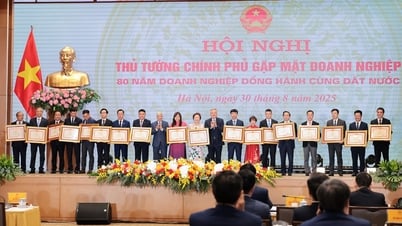

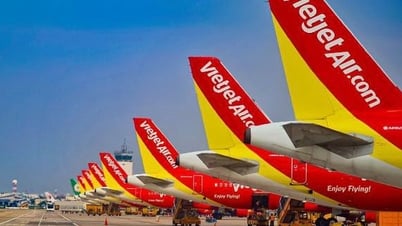





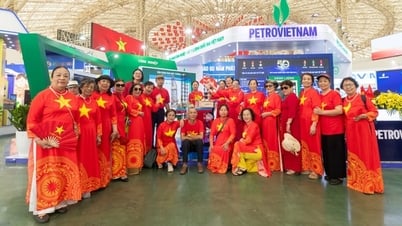



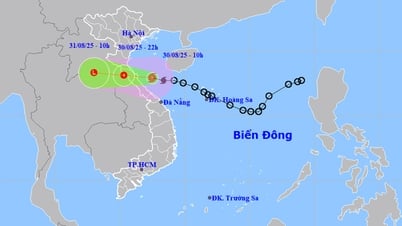

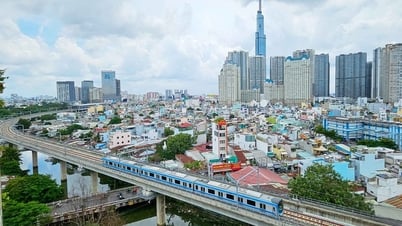

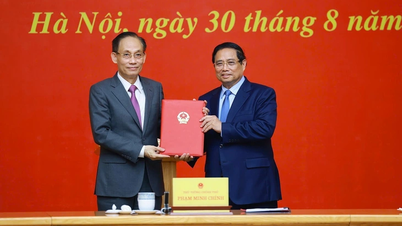


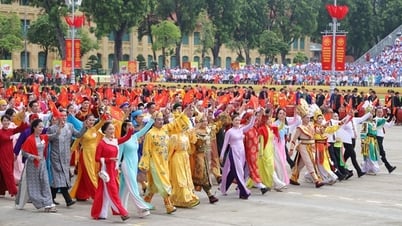
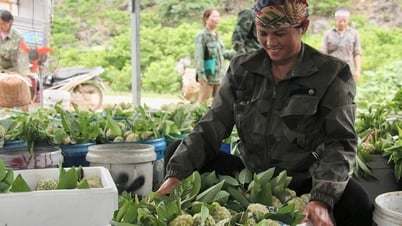

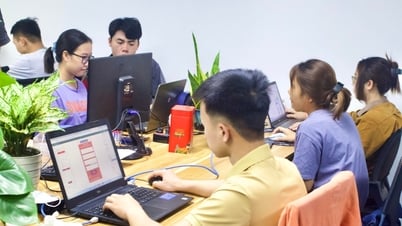
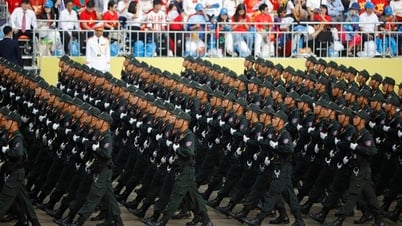


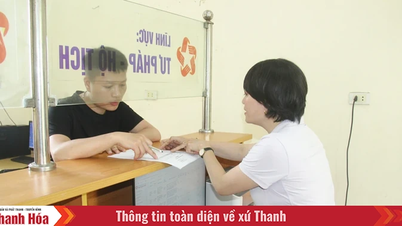

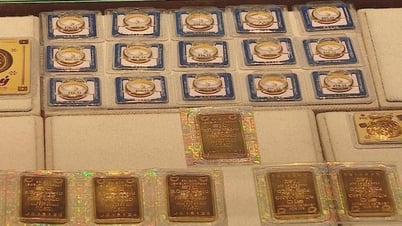

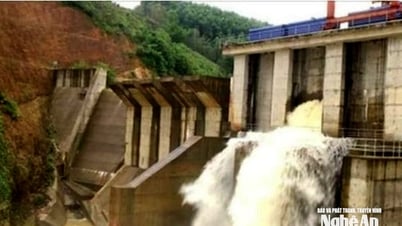
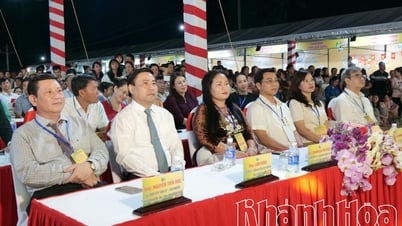

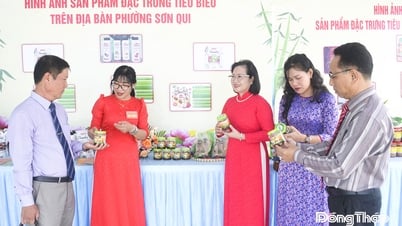










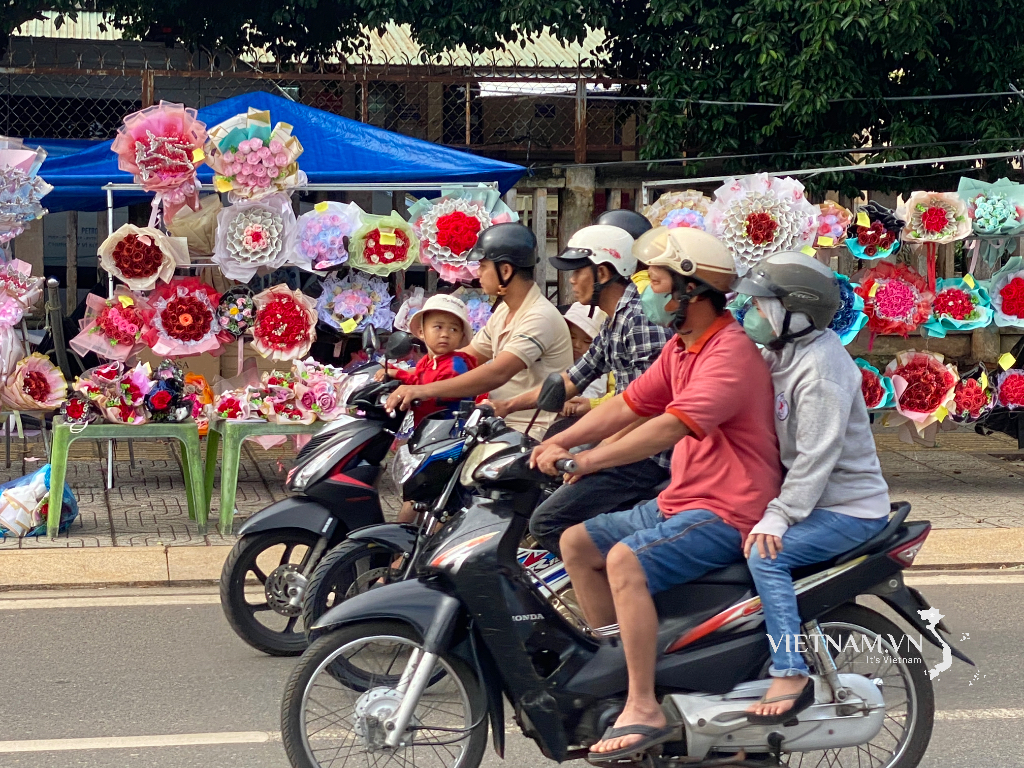


Comment (0)